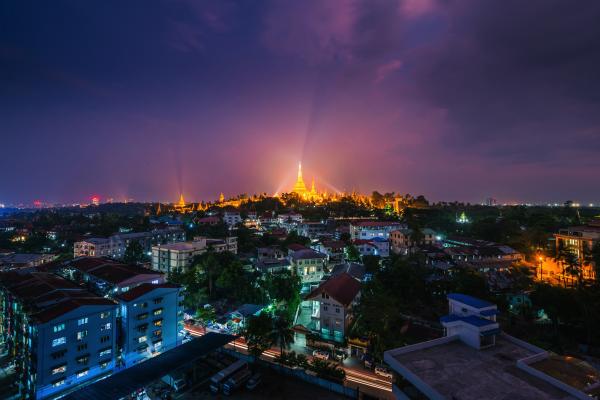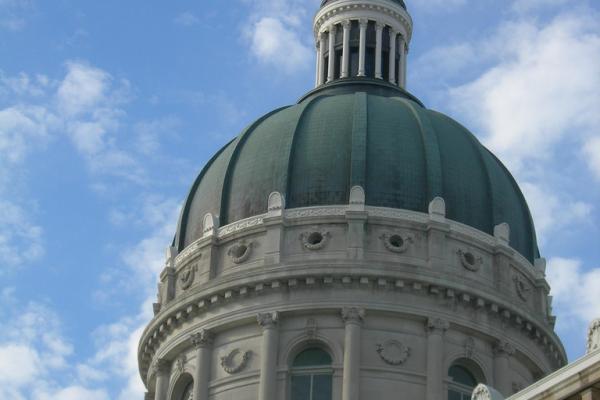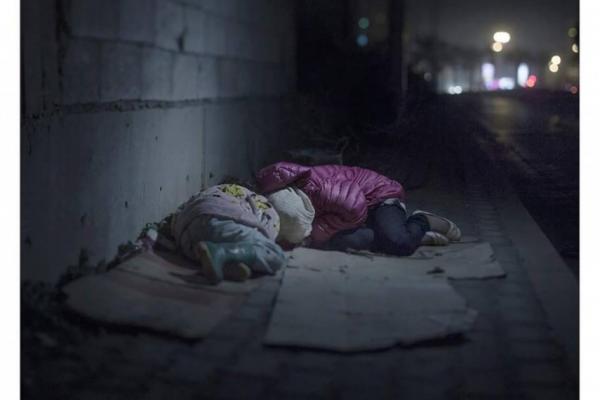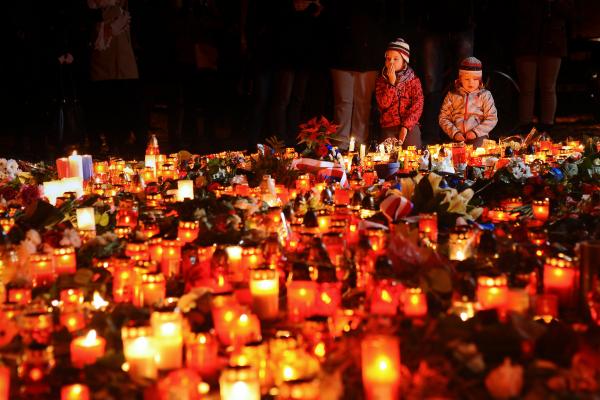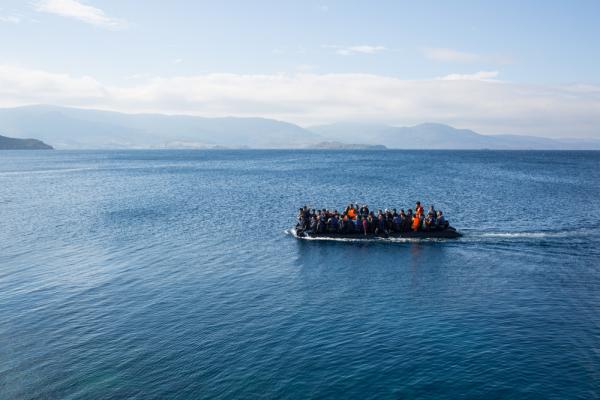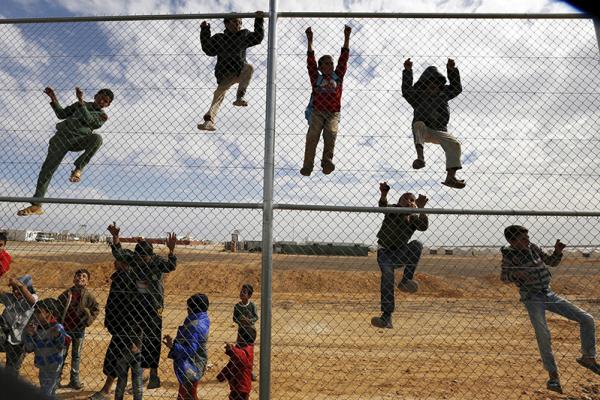The Nobel laureate and human rights advocate Aung San Suu Kyi entered the Myanmar Parliament this week, shortly after her party, the National League for Democracy, won the country's first free election in 25 years.
In those 25 years — since the 1990 election, which the NLD also won — Aung San Suu Kyi spent a total of 15 years without her freedom, having been placed under house arrest by the ruling military government which ignored the election results.
Since 1988, Ms. Suu Kyi has led nonviolent opposition to the military government. Last week’s landslide election results, which took the ruling generals by surprise, demonstrate once again that nonviolence is a force more powerful than violence.
"The biggest open question in Paris may be how much aid goes to poor countries trying to leapfrog fossil fuels,” Bill McKibben, Schumann Distinguished Scholar at Middlebury College and founder of 350.org, said.
“For reasons both moral and practical the number should be large — larger than it likely will be."
As we think about the future of our children and our grandchildren, we need to rethink our use of water: how we store it, how we carry it and how we drink it. Water is a human necessity. Our ignorance can lead to the irony of spoiling watersheds — by robbing them of potable water while introducing mountains of plastic waste, impervious to decays which produce useful soils, and diverting water from useful work.
In the legislation, the state’s schools and businesses would be allowed to write their own policies on the use of bathrooms or showers based on sex, sexual orientation, or gender identity. They also could decide for themselves what dress code to impose on students and workers.
Under the bill, those rules wouldn’t count as discriminatory.
House and Senate Democrats have called for simpler solution, saying a fix could be had by adding four words and a comma: “sexual orientation, gender identity” to the Indiana’s civil rights law.
All of us are understandably sad about Paris — devastated. Many people have used striped profile pictures, candles, and flowers to express our collective solidarity. But in the wake of tragedy, almost half of the governors of the U.S. have responded with fear, announcing that they will do whatever they can to thwart the acceptance of Syrian refugees — from cutting funding for nonprofit resettlement agencies, to demanding religious screening tests.
If there’s one thing I learned from some of my friends who are refugees, it’s how to respond to grief. And there’s no one approach and they didn’t always get it right. But sometimes they did: Some refugees, in the shadow of shocking sadness, sang more than usual, prayed louder, invited more friends over for dinner, cooked their parent’s recipes. None of them responded with terrorism.
Pixar, the computer animation studio beloved for its kid-friendly fare such as Finding Nemo and Inside Out, is not known for taking on religious themes.
But its newest short film tells a personal story about a boy who learns to appreciate his religious heritage by envisioning the Hindu gods as superheroes.
Sanjay’s Super Team, directed by artist Sanjay Patel, is based on Patel’s relationship with his father and his experience growing up in California as the son of Indian-American immigrants.
“This is a very personal story; it’s the truth about how I grew up,” Patel said.
“It’s about how difficult it is for different generations to see eye to eye.”
From a religious perspective, the hardest thing about confronting evil is the painful human tendency to only see it in others, in our enemies, and not see any on our side because of the blurred vision caused by the specks in our own eyes, to paraphrase the gospels. In discussing ISIS, we should clearly use the language of sin — the enormous sin of the ideological hate of ISIS finding its victims all over the world.
President Reagan was not the Evil Emperor — even for progressives. He granted amnesty to millions of undocumented immigrants, vocally supported federal gun control, and would probably be written off as a RINO by today’s conservatives for backtracking on his own tax cuts.
And while more flexibility on these issues among the Republicans of today would be commendable and a relief, I think Nov. 19 is the perfect day for the ghost of the Gipper to come haunt his party on an entirely different issue.
That’s because exactly thirty years ago today, on Nov. 19, 1985, President Reagan arrived in Geneva, Switzerland to meet with Mikhail Gorbachev, the leader of the Soviet Union, face-to-face. The event was carefully planned and statements meticulously edited for the press and the television cameras. It was the first time in six years that the leaders of the world’s two superpowers had met in person. Huge obstacles loomed between the two leaders. With the Soviet occupation of Afghanistan, the arms race, and Reagan's “Star Wars” missile defense program all causing tension, was it even worthwhile to meet?
French president François Hollande announced on Nov. 18 that France will continue to resettle refugees.
Over the next two years, Hollande said that France would welcome 30,000 refugees from Syria and Afghanistan, among others. This is even more than his September commitment of 24,000.
The joint statement — from the group who have experience of operating drones over Afghanistan, Iraq and other conflict zones — represents a public outcry from what is understood to be the largest collection of drone whistleblowers in the history of the program. Three of the letter writers were sensor operators who controlled the powerful visual equipment on U.S. Predator drones that guide Hellfire missiles to their targets.
…The four are represented legally by Jesselyn Radack, director of national security and human rights at the nonprofit ExposeFacts. “This is the first time we’ve had so many people speaking out together about the drone program,” she said, pointing out that the men were fully aware that they faced possible prosecution for speaking out.
Evangelicals may be united that the Bible is the ultimate source of authority, but they are divided on how the Bible would lead us to respond to the growing crisis of refugees fleeing from Syria.
What is the best way to show Christian love and compassion? How is the church’s role different from the state’s? How do we show wisdom and prudence in securing the safety of our neighbors and nation?
These are just a few of the questions that evangelicals are grappling with. One evangelical pastor today told me, “My church members are all over the place on this!”
